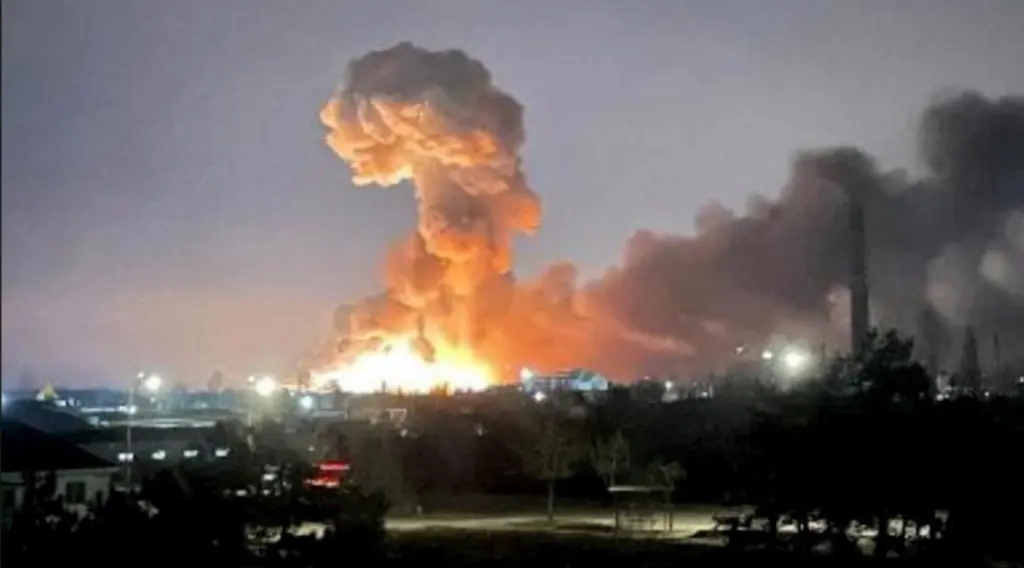8 March – European Commission President Ursula von der Leyen said on Wednesday that the bloc has bought enough liquefied natural gas that it should be independent of Russian imports up until the end of the winter. Von der Leyen also told Germany’s ARD television that sanctions against Russia over its invasion of Ukraine were designed to cause maximum impact on Moscow, while causing the least damage possible to Western economies. President Volodymyr Zelenskyy said he no longer expects Ukraine to be accepted into NATO and is focused on other ways to defend his country from Russian attacks. “I have cooled down regarding this question a long time ago after we understood that … NATO is not prepared to accept Ukraine,” Zelenskyy told ABC News. “The alliance is afraid of controversial things and confrontation with Russia.”
9 March – Despite agreements reached between Moscow and Kyiv on the evacuation of civilians after two failed attempts, the situation in Ukraine remains very tense. As the war is about to enter its third week, fighting and shelling continue to take place in several areas of the country. Russian forces are moving, albeit slowly, towards Izyum, southeast of Kharkiv, while also trying to lock Chernihiv, north of the capital, Kyiv, from all sides. At the same time, they are advancing north of Mykolaiv after failed attempts against the southern city and are trying to cut west of Kyiv in order to encircle it. Meanwhile, Belarusians living in Ukraine’s capital have reportedly created a separate battalion named after 19th-century revolutionary Kastus Kalinouski to defend Kyiv.
https://www.facebook.com/100078836973226/videos/508693180652431
